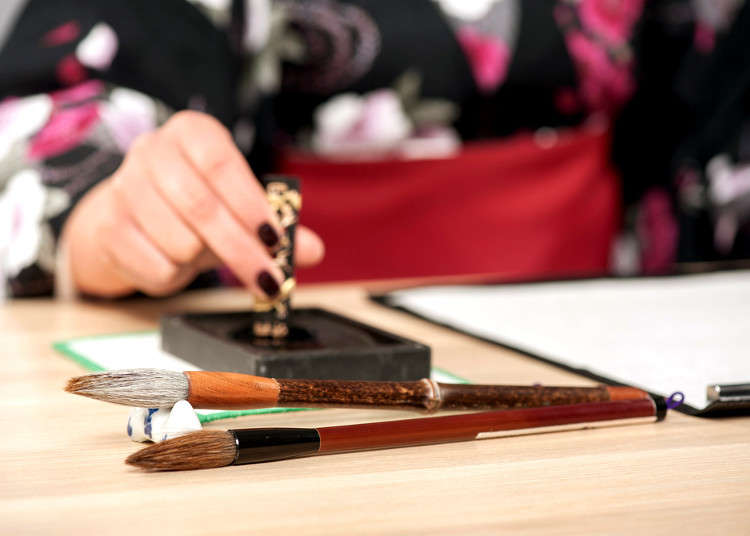
It’s really not hard
Five, then seven, five again:
The art of haiku
In the last decades, Haiku poetry has conquered the world by storm. Thanks to its easy rules and sheer endless possibilities on what to poetize about, everyone can theoretically write their very own haiku with ease. The rules are simple:
1) A haiku consists of 17 syllables in the phrases of 5 - 7 - 5.
2) It should have a seasonal reference.
The Art of Cutting
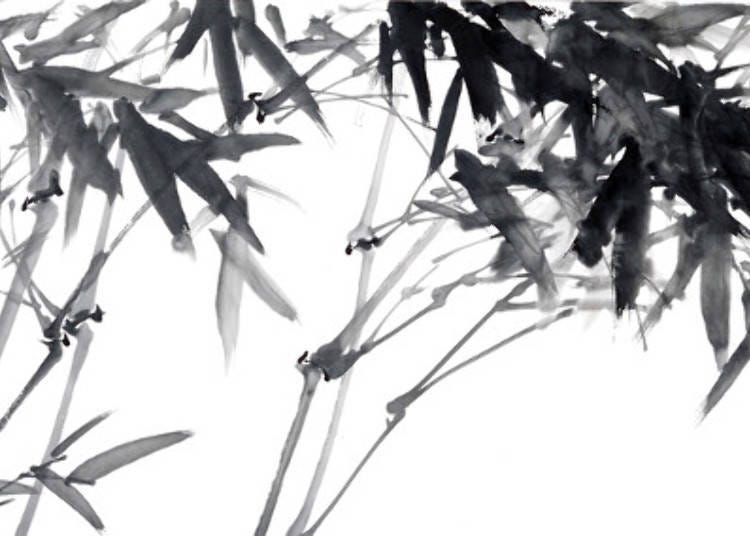
While there aren’t many rules, the art of haiku revolves around another art: the art of cutting, to be precise. This term describes the unique shortness of this particular poetry form – haiku seeks to deliver a message with as few words as possible, thus leaving a lot of room for personal interpretation and conjecture. This intended shortness might as well be the hardest part about haiku. Delivering poetry with only seventeen syllables can be quite a task!
The Master of Old: Matsuo Basho
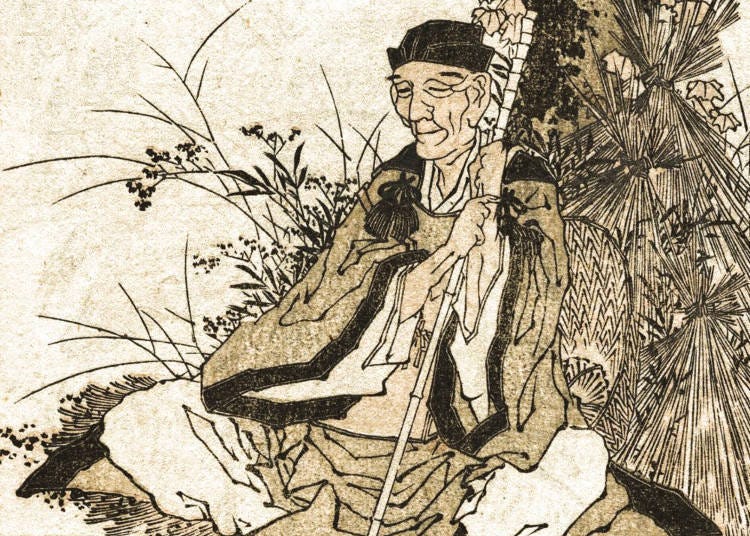
One of the names that will always come up when talking about haiku is Matsuo Basho. He was the one who carved out the nature of the art among other poetry and is probably the most famous representative up to this day. When he was alive, haiku was not even established as a stand-alone poetry form yet.
Of Leaping Frogs and Mount Fuji’s Winds
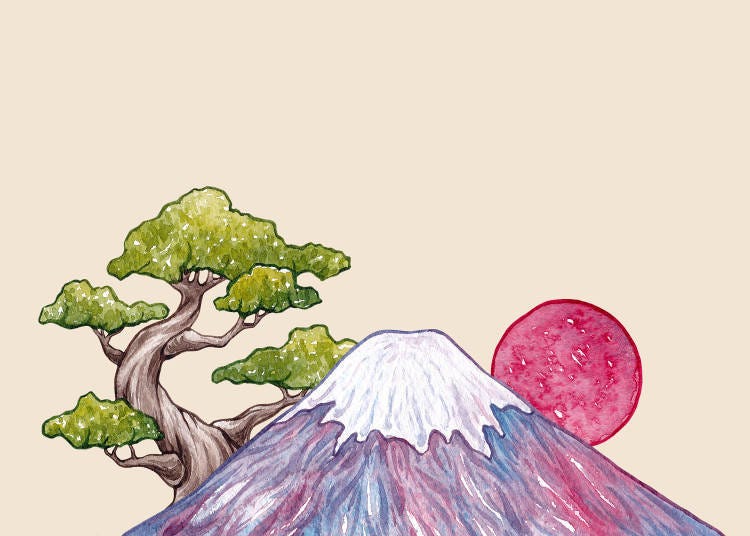
His haiku are most famous for their classic, seasonal references. Have a look at some:
古池や furuike ya old pond
蛙飛び込む kawazu tobikomu a frog leaps in
水の音 mizu no oto water’s sound
富士の風や fuji no kaze ya the wind of Mt. Fuji
扇にのせて ōgi ni nosete I've brought on my fan!
江戸土産 Edo miyage a gift from Edo
Did you notice something? The Mt. Fuji poem has eighteen syllables instead of seventeen - not even the Grandmaster of haiku himself thought that the rules are cast in stone. Haiku is all about what a poem seeks to express, in as few words as possible. Rules are of minor importance, really.
Modern Haiku: Beauty in Error Messages

Since the beginning of the 20th century, haiku has become a worldwide phenomenon and is written not only in Japanese and English but a variety of different languages. Nature is not necessarily the primary influence for a modern poet, and even if people keep on using the traditional theme, a lot of modern haiku revolve around the daily life of the 21st century. Here's a wonderful example of modern haiku: error messages by computers turned into poetry!
Chaos reigns within.
Reflect, repent, and reboot
Order will return.
Having been erased,
The document you're seeking
Must now be retyped.
Where is the printer?
The printer can not be found
Though it is next to me
Haiku is for Everyone
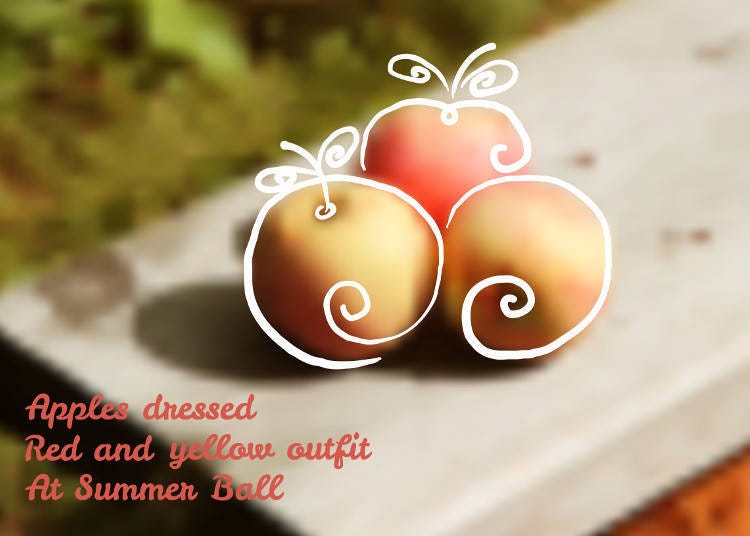
Can you imagine your computer suddenly producing beautiful poetry instead of bland error messages? It might not solve the issue at hand but it would certainly make it a lot more interesting. As already mentioned, haiku is an art for everybody, no matter if computer or person. Haiku is for everybody - that is something even Matsuo Basho taught when he was still alive.
Write a Haiku!
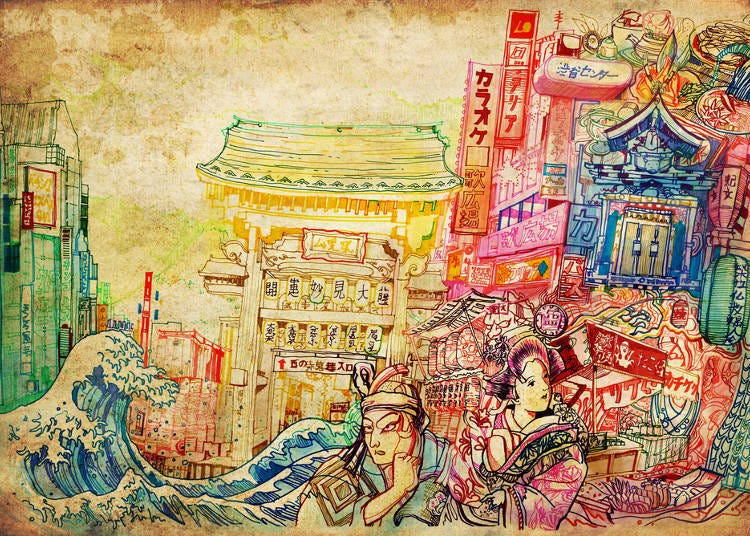
Your first haiku does not even have to be particularly deep or meaningful. Just have fun with it! To prove our point, we will leave you with one of Matsu Basho’s most famous haiku, one about the Island of Matsuhima, and one where even he had simply a bit of fun:
松島や matsushima ya Matsushima
ああ松島や aa matsushima ya Ah, Matsushima
松島や matsushima ya Matsushima
*Prices and options mentioned are subject to change.
*Unless stated otherwise, all prices include tax.
Popular Tours & Activitiess
Recommended places for you
-

Kambei Sannomiyahonten
Yakiniku
Kobe, Sannomiya, Kitano
-

Kanzenkoshitsuyakinikutabehodai Gyugyu Paradise Sannomiya
Yakiniku
Kobe, Sannomiya, Kitano
-
Appealing

Rukku and Uohei
Izakaya
Sapporo / Chitose
-

ISHIDAYA Hanare
Yakiniku
Kobe, Sannomiya, Kitano
-
Goods

Yoshida Gennojo-Roho Kyoto Buddhist Altars
Gift Shops
Nijo Castle, Kyoto Imperial Palace
-

Jukuseiniku-to Namamottsuarera Nikubaru Italian Nikutaria Sannomiya
Izakaya
Kobe, Sannomiya, Kitano
-
Ad

5 Recommended Wagyu Yakiniku Restaurants in Tokyo: Signature Dishes, Premium Beef, and Secret Sauces
-

Where to Buy a Japanese Kitchen Knife? Why Travelers Choose MUSASHI JAPAN's 14 Stores in Tokyo, Kyoto, and Nara
by: Guest Contributor
-

To the Holy Land of Kawaii! Odakyu Tama Center Station Is Becoming a Dreamy Sanrio Wonderland
by: Guest Contributor
-

Farewell, Heavy Suitcases! Keisei Ueno’s New Service Makes Your Last Day in Tokyo Totally Hands-Free
by: Guest Contributor
-

PokéPark KANTO Is Finally Open! Tokyo's New Pokémon World Starts Before You Even Arrive (2026)
by: Guest Contributor
-
Ad

What Makes Japanese Yakiniku So Darn Good? Guide to Cuts, Heat, and Wagyu Know-How
-

Fine Japanese Dining in Kyoto! Top 3 Japanese Restaurants in Kiyamachi and Pontocho Geisha Districts
-

JR Edition: Visit all of Tokyo in one Day with the Tokyo Metropolitan District Pass!
-

Only in Tokyo? A Legendary Manga Artist's New Masterpiece Is Hiding Underground
by: Guest Contributor
-

[MOVIE] Folding Fun at the International Origami Center
by: Holly Neslusan
-

Maneki Neko: The Lucky Cats of Japan
-

Osaka Travel Service Center: So Many Incredibly Convenient Services - in English!
by: WESTPLAN
- #best sushi japan
- #what to do in odaiba
- #what to bring to japan
- #new years in tokyo
- #best ramen japan
- #what to buy in ameyoko
- #japanese nail trends
- #things to do japan
- #onsen tattoo friendly tokyo
- #daiso
- #best coffee japan
- #best japanese soft drinks
- #best yakiniku japan
- #japanese fashion culture
- #japanese convenience store snacks












